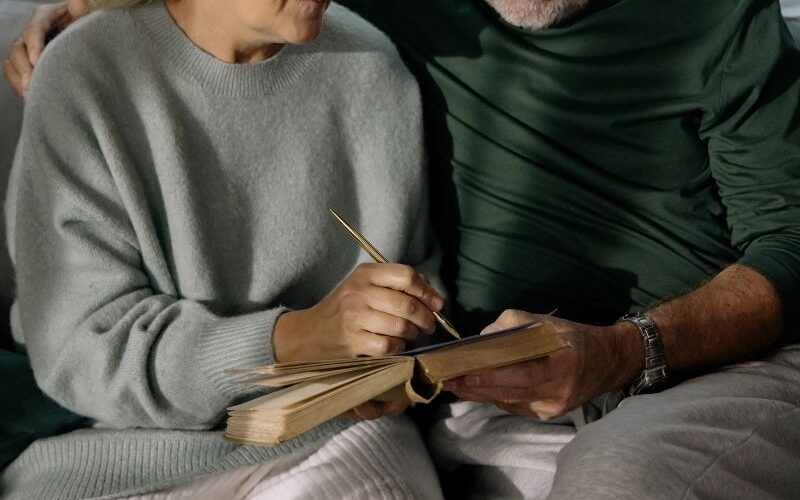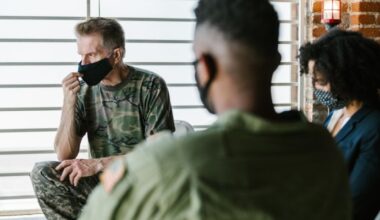Couples therapy, also known as couples counseling or marriage therapy, is a valuable resource for couples who want to improve their relationship and overcome challenges. One of the essential aspects of couples therapy is asking the right questions to facilitate open communication, explore underlying issues, and promote growth. In this article, we will dive into the importance of questions in couples therapy and provide a comprehensive guide to the questions you can ask to enhance your therapy experience.
What Questions To Ask In Couples Therapy
The importance of couples therapy and the role of questions
- Understanding the benefits of seeking professional help
- Exploring the role of questions in promoting understanding and growth
- Setting the stage for effective couples therapy through active participation
Benefits of Couples Therapy
Understanding the benefits of seeking professional help
- Enhancing communication skills
- Resolving conflicts and improving conflict management
- Strengthening emotional connection and intimacy
- Gaining insights into individual and shared needs
- Building a foundation for a healthy and fulfilling relationship
Setting the Foundation
Establishing trust and rapport with the therapist
- Developing a strong therapeutic alliance
- Creating a safe and non-judgmental space for open dialogue
- Clarifying therapy goals and expectations
- Understanding the confidentiality and ethical guidelines
Exploring Key Areas
Addressing communication, conflict, and intimacy
- Improving communication skills and active listening
- Identifying and addressing patterns of conflict
- Exploring Emotional and physical intimacy
- Examining shared values and goals
Effective Questions
Essential questions to ask in couples therapy
- How can we improve our communication and understanding?
- What are the underlying issues contributing to our conflicts?
- How can we rebuild trust and emotional connection?
- What strategies can we implement to enhance our intimacy?
- How can we navigate differences in needs and expectations?
- What are our shared goals and aspirations for the relationship?
- How can we effectively manage external stressors and challenges?
- What role do our individual identities play in our relationships?https://www.bartleby.com/essay/What-Role-Do-Relationships-Play-In-Shaping-399B28EC7977DC49
Navigating Challenges
Overcoming resistance and navigating difficult discussions
- Addressing resistance or reluctance to engage in therapy
- Handling sensitive or challenging topics with sensitivity and respect
- Using questions as tools to promote self-reflection and growth
Enhancing Emotional Connection
Fostering emotional intimacy and connection
- Exploring each partner’s emotional needs and vulnerabilities
- Promoting empathy and understanding in the relationship
- Strengthening the emotional bond through shared experiences and rituals
The importance of questions in therapy
- The Role of Questions in Promoting Self-reflection and Insight
- Creating an open and non-judgmental space for dialogue
- Building trust and safety in the therapeutic relationship
Building Trust and Safety
Establishing a foundation for openness
- Establishing confidentiality and ethical guidelines
- Encouraging open and honest communication
- Creating a safe space for vulnerability and emotional expression
Exploring Relationship
Understanding dynamics and patterns
- Exploring the history and dynamics of the relationship
- Identifying patterns of communication and interaction
- Investigating the underlying beliefs and assumptions
Communication and Conflict
Enhancing communication and conflict resolution
- Improving active listening skills
- Expressing needs, desires, and concerns effectively
- Developing strategies for healthy conflict resolution
Intimacy and Connection
Nurturing the emotional and physical connection
- Discussing emotional intimacy and vulnerability
- Exploring ways to enhance physical intimacy
- Fostering a sense of connection and mutual understanding
Individual Growth
Supporting personal development
- Exploring individual needs, goals, and aspirations
- Identifying personal barriers to growth and fulfillment
- Encouraging self-reflection and self-care practices
Setting Goals
Establishing goals and aspirations
- Defining shared goals for the relationship
- Setting realistic expectations for personal and relational growth
- Creating a roadmap for achieving desired outcomes
In couples therapy, the questions asked play a crucial role in guiding the therapeutic process. They help uncover underlying issues, enhance communication, and foster a deeper understanding between partners. By asking thoughtful and introspective questions, couples can gain valuable insights, develop effective strategies, and strengthen their bond.
Remember, the guidance of a qualified couples therapist is essential in navigating these conversations. They will provide support, facilitate discussions, and help couples navigate challenges to achieve positive outcomes.
Couples therapy is a valuable opportunity for couples to deepen their connection, improve communication, and address challenges. The questions asked during therapy sessions play a crucial role in fostering self-reflection, promoting understanding, and facilitating growth. By engaging in thoughtful and open discussions, couples can build a stronger and more fulfilling relationship. Remember, the guidance of a qualified therapist is crucial to ensure a productive therapeutic journey.
Conclusion
Couples therapy provides a unique opportunity for couples to grow, heal, and strengthen their relationship. By asking effective questions, couples can explore deeper levels of understanding, address underlying issues, and work towards a healthier and more fulfilling partnership. Remember, active participation and an open mind are crucial for making the most of couples therapy.
FAQs (Frequently Asked Questions)
1. What if my partner is resistant to attending couples therapy? It’s common for one partner to be hesitant about therapy. Communicate openly about the benefits and encourage them to give it a chance. Seek support from a therapist who specializes in couples counseling to navigate this situation.
2. Can couples therapy save a failing relationship? Couples therapy can provide valuable tools and insights, but the outcome ultimately depends on the willingness of both partners to actively engage and make necessary changes.
3. How many sessions of couples therapy are typically needed? The number of sessions varies depending on the complexity of issues and the progress made. Short-term therapy may involve 8-12 sessions, while long-term therapy may continue for several months.








